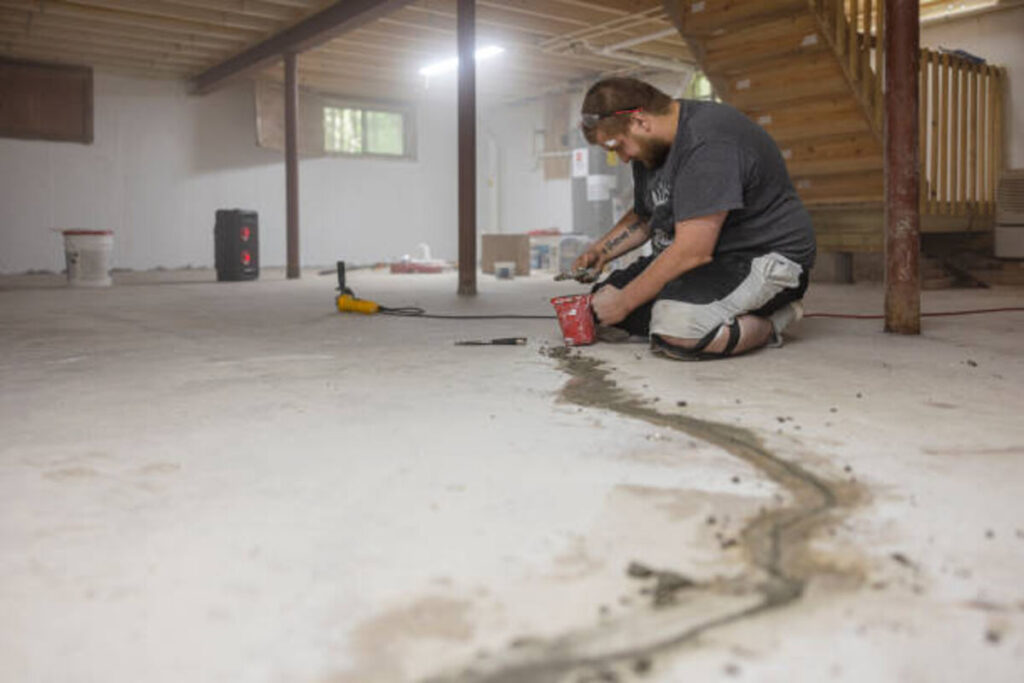Concrete is an incredibly durable and versatile building material used for centuries. However, like all things, it can suffer wear and tear, requiring maintenance and repair. Fortunately, seamless concrete repairs can ensure your space retains its strength and appearance. This guide will offer comprehensive insight into achieving the best results for your repair projects.
Why Seamless Concrete Repairs Are Essential
Seamless concrete repairs are vital not just for aesthetic purposes but for maintaining the structural integrity of the space. Unattended cracks can lead to more significant problems like water infiltration and further degradation. A seamless repair addresses these concerns and restores the visual appeal, making spaces look as good as new.
Understanding the Concrete Repair Process
Before embarking on the repair journey, it’s crucial to understand the process to achieve optimal results.
1. Assessment of Damage: Thoroughly inspect the damage before any repair. Identify cracks, chipping, or any signs of wear and tear. Understanding the extent of the damage is the first step to an effective repair.
2. Choosing the Right Repair Material: Not all damage is the same, and neither are the solutions. The repair material choice will differ depending on the damage’s nature and extent. Using a suitable material is vital for ensuring the longevity and durability of the repair.
3. Preparation of the Surface: This is one of the most critical steps in the repair process. The surface must be clean and free of loose material, dirt, or debris. This ensures the repair material bonds correctly with the existing concrete.
4. Application and Finishing: The repair material can be applied once the surface is ready. Proper application and finishing techniques ensure the repair integrates seamlessly with the existing concrete, making it almost impossible to tell where the repair was done.
Techniques for Seamless Concrete Repairs
Different types of damage require other repair techniques. Here’s a rundown of the most effective methods for various damages:
Stitching: This technique involves drilling holes on both sides of the crack and using metal staples to hold the pieces together. This not only stops the damage from expanding but also strengthens the area.
Epoxy Injection: For thin hairline cracks, epoxy injections are effective. The epoxy resin fills and seals the damage, restoring the concrete’s strength and appearance.
Routing and Sealing: This method is best for surface cracks. The crack is enlarged along its exposed face and filled with a suitable joint sealant, ensuring a waterproof seal.
Maintaining Your Repaired Concrete
Once your repair is complete, maintaining the space is crucial for longevity. Here are some tips:
Regular Cleaning: Keeping the area clean from dirt and debris prevents wear and further damage.
Sealing: Use a quality sealer to protect the surface from water, stains, and UV rays. This not only preserves the repair but also extends the life of the concrete.
Regular Inspection: Make it a habit to inspect your concrete regularly. This helps identify potential problems before they escalate, saving time and money in the long run.
When to Seek Professional Help
While DIY repairs can be effective for minor damages, it’s essential to know when to seek professional help, especially for concrete repairs in Melbourne. If the damage is extensive or unsure about the repair process, consulting with a professional ensures the repair is done right the first time, preventing further issues down the line.
Conclusion
Seamless concrete repairs are essential in reviving your space and ensuring its longevity. By understanding the repair process, employing the proper techniques, and maintaining the area post-repair, you can ensure your concrete remains strong and beautiful for years. Remember, the key to a successful repair lies in attention to detail, suitable materials, and periodic maintenance.
Read Also: 10 Things to Ask Your Inspector Before Booking a Building and Pest Inspection



